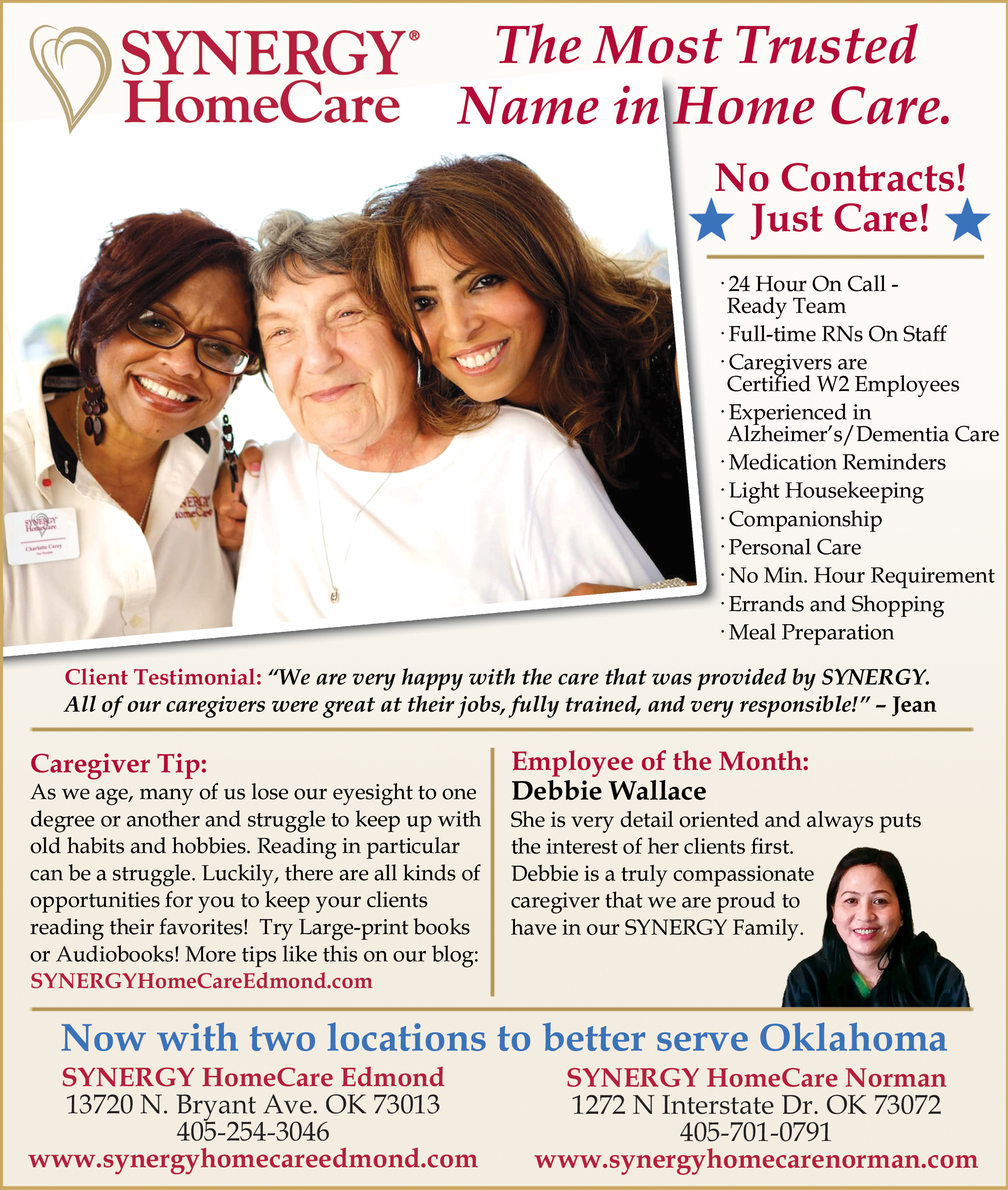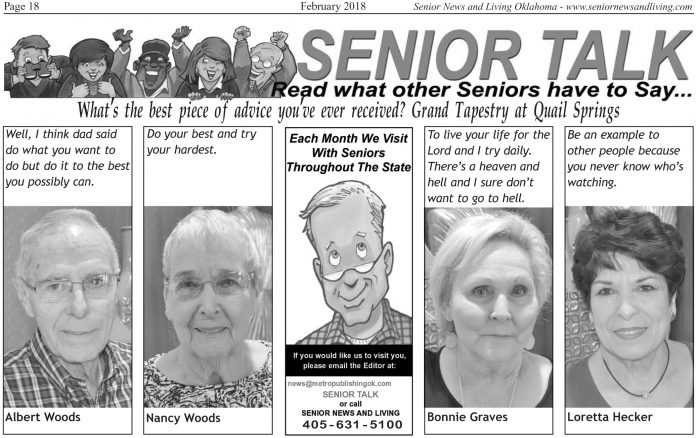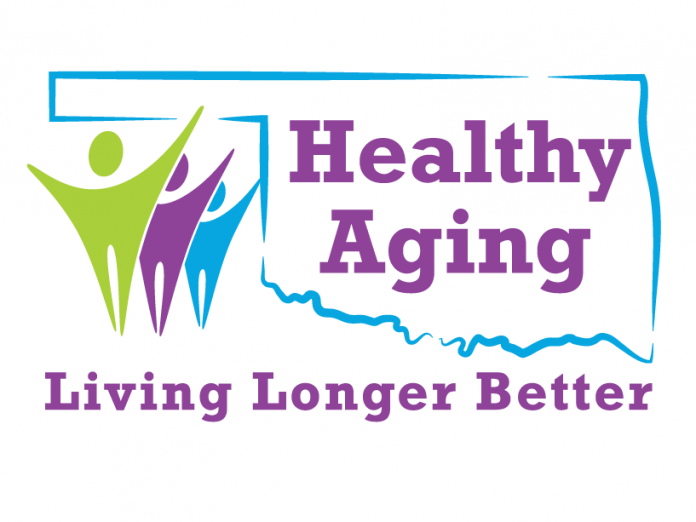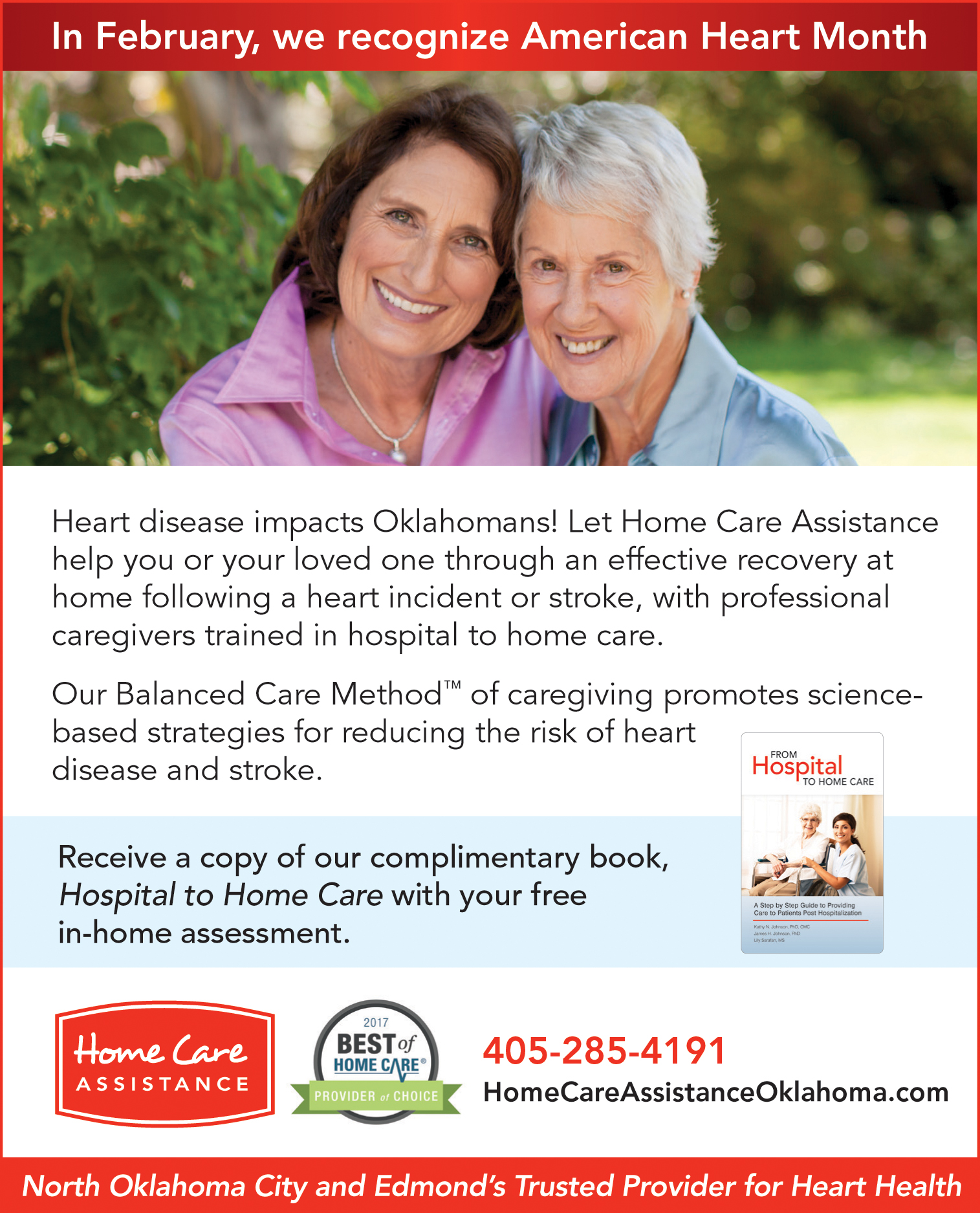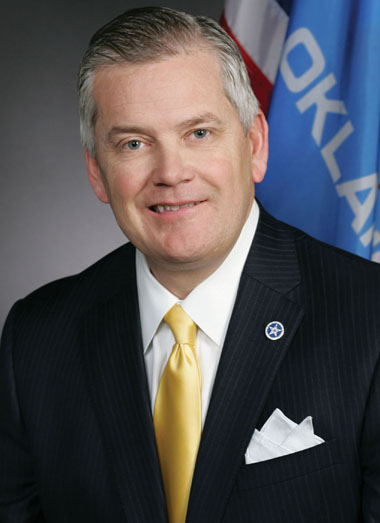Cupid agrees these gift ideas from the Oklahoma City Zoo will keep you and your valentine wild at heart!
ZOOFRIENDS’ MEMBERSHIP
ZOOfriends members enjoy free admission all year-long to the OKC Zoo, plus additional perks and discounts. Membership levels start at $35 and ZOOfriends has packages to fit every budget. Committed to giving 100 percent of your membership dollars back to the Zoo, these memberships support the care of the Zoo’s animals, fund education programming and conservation initiatives and supports the overall expansion and growth of the Zoo. Purchase online at zoofriends.org or contact the ZOOfriends office at (405) 425-0618 for information.
ANIMAL ADOPTIONS
This is the perfect gift option for the animal lover in your life! Contributions from these symbolic adoptions support the health, enrichment and nutritional needs of all animals at the OKC Zoo. With each $45 donation, recipients receive their choice of a plush rhino, tiger or gorilla, adoption certificate, a fact sheet about their adopted animal and name recognition on the ZOOfriends’ website for one year. Adoptions can be purchased in the ZOOfriends’ membership office, by calling (405) 425-0618 or online at zoofriends.org.
ZOO ANIMAL PAINTINGS
Make an imprint on your love with an original OKC Zoo animal painting. As part of the Zoo’s enrichment program, many animals paint during enrichment sessions with assistance from their caregivers. Be in awe of unique pieces created by elephants, sea lions, gorillas, snakes and more! Find the masterpiece that’s right for your valentine by visiting the Zoo’s Guest Services Office open daily from 9 a.m. to 5 p.m. Proceeds from all paintings support the Zoo’s conservation projects. For more information, call (405) 425-0262.
SAFARI GIFT SHOP
The OKC Zoo’s Safari Gift Shop offers a wide array of items including children’s books and toys, green or recycled gifts and home décor. Many items available for purchase support local and global conservation, so you can feel good about the gifts your giving. Shop until your heart’s content 9 a.m. to 5 p.m. daily.
FRIDAY, FEB. 9: VALENTINE’S DAY ENRICHMENT EVENT
We love our animal family and take pride in enriching their lives each and every day. Join us on Friday, February 9 for a special Valentine’s Day enrichment event from 10 a.m. to 2 p.m. Select Zoo animals receive special enrichment treats and eats made with love by their caretakers. Watch your favorite animals’ curiosity take over as they discover and interact with their unique valentines. Free with Zoo admission. Look for the day’s enrichment schedule on your zoo map. For more information, call Guest Services at (405) 425-0262.
THURSDAY, FEB. 15–SATURDAY, MAR. 31: OKC ZOO & DR PEPPER HOST ANNUAL VENDING MACHINE ART CONTEST
All Oklahoma’s talented students in K-12 are eligible to win wild prizes and the chance to have their original art designed on a Dr Pepper vending machine at the Zoo. Come on, get creative! Additional information about this year’s contest theme, 2018 is the Year of the Bird: Celebrate our World’s Winged Wonders, guidelines and entry forms will be available at okczoo.org. All submissions must be postmarked by March 31, 2018. Participation if free. For more information, contact Candice Rennels at (405) 425-0298 or crennels@okczoo.org.
SATURDAY, FEB. 17 / MONDAY, FEB. 19: OKC ZOO HOSTS GREAT BACKYARD BIRD COUNT
Flock to the Oklahoma City Zoo and Botanical Garden to help wild birds. The OKC Zoo is proud to host its first Great Backyard Bird Count, a global citizen science project that invites people to count native birds and help create a real-time look at wild populations. Participation is easy to do, fun for families and individuals–all ages welcome. Join us on Saturday, February 17 and Monday, February 19 from 10 a.m. to 1 p.m., both days, to assist with counting, identifying the native birds that make their home around the Zoo. Kids will enjoy an on-grounds bird scavenger safari. Visit our information tent in the Global Plaza to learn more about each day’s activities including bird watching tours. All activities are free with Zoo admission. For more information, visit okczoo.org or call (405) 425-0262.
FEBRUARY: WILD VALENTINE’S DAY GIFT IDEAS FROM THE OKC ZOO
SAENIOR TALK: What’s the best piece of advice you’ve ever received?
What’s the best piece of advice you’ve ever received? Grand Tapestry at Quail Springs
Well, I think dad said do what you want to do but do it to the best you possibly can.
Albert Woods
Do your best and try your hardest.
Nancy Woods
To live your life for the Lord and I try daily. There’s a heaven and hell and I sure don’t want to go to hell.
Bonnie Graves
Be an example to other people because you never know who’s watching.
Loretta Hecker
2018 Scholarships Announced
By Ron Hendricks
$1,000 will be available for two students attending higher education this fall. Application for the scholarships are available thru the Central Oklahoma Chapter of Hearing Loss Association of America (COCHLAA). Visit the website at OKCHearingLoss.org or pick up your application at the Hearing Helpers Room, 5100 N Brookline, Suite 100, Oklahoma City. This is the third year COCHLAA has offered scholarships to Oklahoma students. The applicant must have a hearing loss; however, there is no age requirement for application and the institution of higher education is the choice of the applicant — 4 year college, Community college, career tech, or any of the other varied higher education opportunities offered here in Oklahoma.
The mission of COCHLAA is to open the world of communication to people with hearing loss. by providing information, education, support, and advocacy. We offer two meetings monthly, held at the Lakeside Methodist Church, 2925 NW 66th, OKC. Evening meetings are held on the second Monday at 6:30 PM and the day meetings are on the third Thursdays at 1:30PM. Speaker’s subjects range from highly technical, such as the latest developments in hearing technology, to every day subjects like gardening, or computer safety. There is no charge to attend meetings or to be a member of COCHLAA. All meetings are open to the public . The Hearing Helpers Room (HHR) is open weekdays 10-3. You can’t buy anything at the HHR but you can see many different hearing assistive devices, and some can even be taken out for a trial in your own home. You will find COCHLAA members attending various meetings, health fairs,, and community events all around the Oklahoma City metro area and you can always get your questions answered. Have a Hearing New Year!
Russell Murray Hospice – 30 years, and the best is yet to come
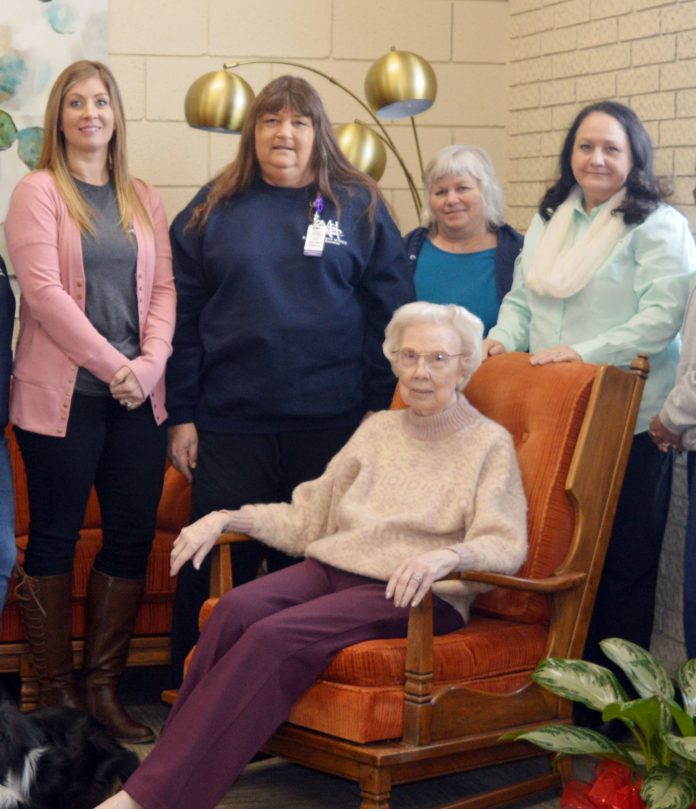
by Traci Chapman, Staff Writer
As Russell-Murray Hospice prepares to commemorate its 30th year in business, those associated with it are celebrating a new home and new levels of care to those who need it most.
“It’s appropriate we are here today, holding our board of directors and annual advisory board meeting, in our new building,” RMH Executive Director – and the organization’s first RN – Vicki Myers said. “It’s peaceful, it’s efficient, it’s just perfect for everything, and if Russell-Murray is here for 30 more years, this building is perfect for us.”
Myers made her remarks during the Nov. 15 annual meeting of the two boards at Russell-Murray’s new home, located at 2001 Park View Drive in El Reno. The new building, recently purchased by the longtime hospice care organization, is more than triple the space of its previous offices, located in historic downtown El Reno, Myers said.
“As we’ve grown, the staff really has had to try to work in a situation that just wasn’t feasible,” she said. “They were just crammed in with each other, and while everyone handled it very well, it just wasn’t working the way we wanted it to.”
That meant when a former medical office building located adjacent to Mercy Hospital El Reno came on the market, the organization jumped at it. The space meant not only plenty of room for a growing staff, but also room to grow and a more prominent location, headquartered not only near the hospital, but also other medical providers.
That’s good news for the staff, but also for Russell-Murray’s patients, said Melodie Duff, RN, patient care coordinator. As RMH closes out the year and heads into 2018 – its 30th anniversary – Duff said staff and those associated with its success have a lot to be proud of, including 4,440 patients who have been treated and cared for by the organization’s nurses and caregivers.
“We currently have patients from infants days old to patients over 100,” Duff said. “We serve without care about their ability to pay, and we’re always there for them, no matter what.”
That’s something unique in Oklahoma hospice – and elsewhere – Russell-Murray Clinical Supervisor Missy Ellard said.
“If a patient qualifies and desires hospice care, we do not turn patients away based on their reimbursement status,” she said. “Many hospices, even not for profit hospices, have a ‘quota’ of non-reimbursable patients and will decline patients if they don’t have a payer source – RMH has never done that.”
That assistance totaled about $400,000 last year, Administrator Christina Ketter said. With $3.8 million in revenues and a $2.6 million payroll, Russell-Murray saw a jump in helping those who could not afford it.
“It might be younger people who lost their job and didn’t have insurance and, of course, the seniors who might not have access to Medicare or something like that,” Ketter said. “To me, our charity care, the way we look at our patients and how we treat them shows what kind of an organization, what kind of people we are.”
Russell-Murray’s approach has worked – from its roots as a small El Reno hospice care provider to an organization with offices also located in Kingfisher, Weatherford and Oklahoma City. In October, those sites combined served 118 patients through the work of 25 full-time RNs and LPNs, as well as several per diem PRN nurses, across RMH’s four offices.
“We serve approximately 75-mile radius surrounding each of the four offices,” Myers said.
Even before the move, Russell-Murray was working to expand its services, not only to patients, but also their families. In March, the organization celebrated the opening of the Virginia E. Olds Resource Library, coordinated originally by Carol Russell Davis, Evan Davis and Vicky Joyner. When RMH began looking at moving, Carol Davis undertook the transfer of the library’s books to the new site, while Sue Pennington-Unsell is director of bereavement.
Named for retired University of Oklahoma School of Social Work professor and longtime Russell-Murray counselor Virginia Olds, the library is unique among hospice organizations, Myers said – and is something that can help not only patients and their families, but also nurses who deal daily with end-of-life care and the emotional toll it can take.
“We wanted to accumulate information related to social issues involved in bereavement, emotional and psychological resources, coping with these kinds of illnesses and more,” Myers said. “It’s important to remember that the patient isn’t the only person who suffers through an end-of-life illness – it’s incredibly difficult and stressful for their family, their friends and their caregivers.” Those caregivers are the backbone of Russell-Murray’s nearly 30-year success, and they make those who work with them proud every day, Duff said.
“I can’t tell you how many thank you cards and calls we get, talking about how our staff treats their patients, and particularly those who can’t afford it,” she said. “We hear all the time that our nurses never judge and are always there to do everything they possibly can do – and that’s an accomplishment in itself.”
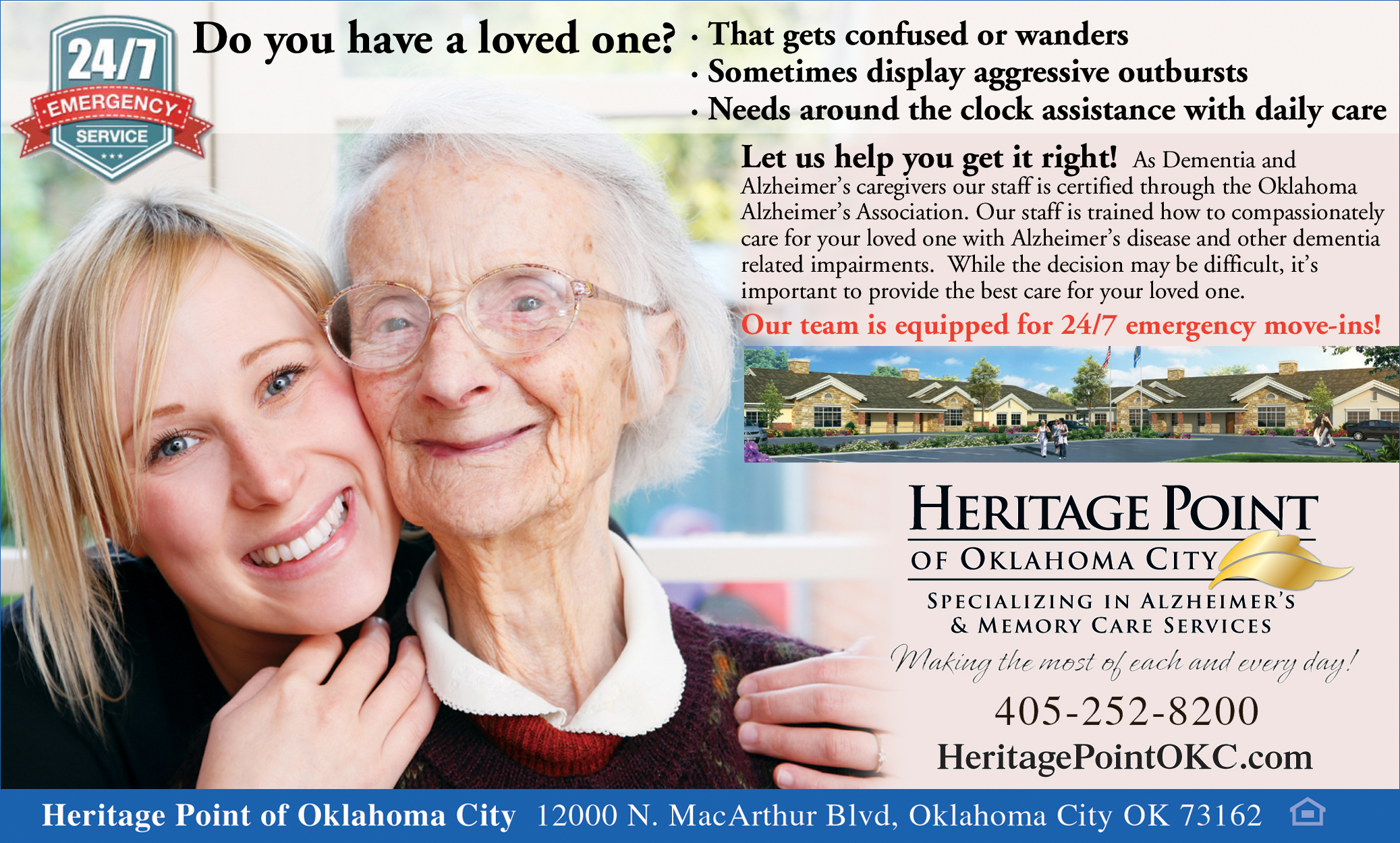
Oklahoma Fall Prevention Plan Finalized
As part of Oklahoma’s Healthy Aging: Living Longer Better collaborative, a falls prevention work group was established to develop a state strategic plan to prevent falls among Oklahomans 65 years and older. The state plan, Preventing Falls Among Older Adults in Oklahoma, has now been finalized. Participants worked extensively to develop state and community action steps that achieve the goal of reducing the number of nursing home residents falling with major injury and reducing intentional fall-related deaths among persons 65 years and older in Oklahoma.
Commitments to action in the state plan are organized by four focus areas, which include:
Tracking and Monitoring
Policies and Procedures
Public Education
Provider/Prescriber Education
As a result of these commitments to action by partners of the Healthy Aging Collaborative, a fall prevention web portal has been created to centralize available resources. New and existing resources are available for both the community and providers to prevent falls, what to do after a fall, and how to talk about it. Many private partners and state agency representatives continue to work together to help Oklahomans live and age well. State Ombudsman William “Bill” Whited led the small task force responsible for the web portal.
“Collaborators from across practice settings met four times in 19 months,” said Whited. “In that short time they created a strategy with actionable items to help our older adult population in Oklahoma prevent falls. Together, we have been able to do more than draft a report that sits up on a shelf.”
The Healthy Aging Collaborative recognizes that the consequences of a fall can be devastating, resulting in serious injury or death, in addition to high medical costs. Successful implementation of the state plan will have a positive impact on the health and safety of older adults, and give them the ability to age in the community environment of their choice.
“The fall prevention work group of the Healthy Aging Collaborative continues to work hard to complete the action items presented in the state plan to prevent falls among older adults in Oklahoma,” said Whited.
To receive more information on the state plan, Preventing Falls Among Older Adults in Oklahoma, and the Healthy Aging: Living Longer Better initiative, visit healthyaging.health.ok.gov or call (405) 271-5288.
To learn more about how to prevent falls, contact the Injury Prevention Service at (405) 271-3430 or visit falls.health.ok.gov.
Oklahoma Gardeners Association Event Set
Oklahoma Gardeners Association presents Felder Rushing, a 10th generation Southern gardener, author, and speaker known the world over for his quirky and laid-back style of gardening. The public is welcome to join us for this fun and free event at 9:30 am on Wednesday, March 7, at Will Rogers Gardens Exhibition Center, 3400 NW 36th Street, OKC.
Health at Home – Home Care Assistance vital to seniors
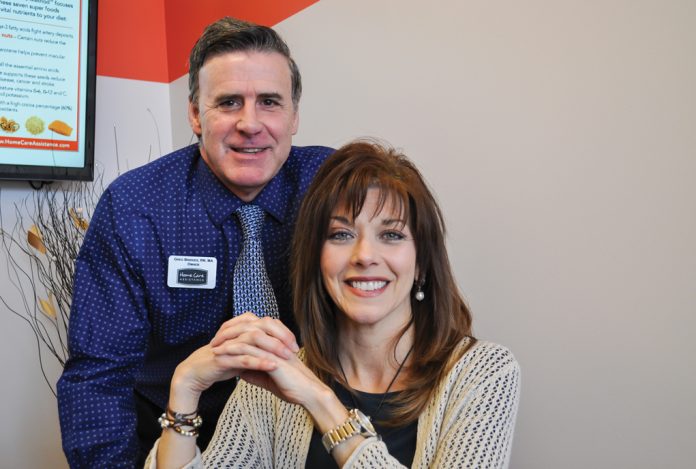
by Bobby Anderson, Staff Writer
For the better part of a decade Melissa Hill and Greg Bridges traveled Oklahoma trying to improve the health care landscape in our state.
They saw the good and often times the bad.
What they walked away with was a better understanding of what assistance seniors need to stay in and thrive in their own homes as long as possible.
And through that, Home Care Assistance was born in the metro.
IMPROVING HEALTH CARE
The group has cared for Oklahomans through Home Care Assistance for almost four years now.
Bridges – who brings more than 35 years of registered nursing experience to the company – worked with Hill consulting Medicare providers prior to opening Home Care Assistance.
“Quality improvement and patient safety initiatives,” Hill said of two things that occupied their time as they traveled. “We did a lot of work … particularly around the issue of readmissions. Why are people going back into the hospital and how many of those readmissions could have have been prevented?”
The answer to both questions could be found at home.
“It was very eye-opening for me personally to understand some of the risks or hazards of hospitalization and some of the safety issues that are prolific in the health system,” Hill said of her decade of process improvement. “We know people really want to avoid being institutionalized and the majority of people want to remain in their homes.”
HEALTH AT HOME
Typically, Home Care Assistance hires just one in 25 applicants – all home health aides and certified nursing assistants.
The focus is on activities of daily living – allowing clients to do as much as they possibly can on their own while also being there to help shore up any deficits.
“It’s A through Z, personal care, dressing …” Bridges said. “Statistically, 60 percent of people who come out of the hospital with strokes have depression. Having that relationship with a caregiver one-on-one and not feeling like they are a burden … can really lift someone out of that depression.
“It’s broad spectrum.”
Services range from personal care to medications reminders, running errands and light housekeeping.
“You want to maintain an optimal environment for them to thrive,” Bridges said.
Bridges noted that as health care moves more towards an in-home setting it’s important to understand that bringing someone into your home has legal ramifications.
The Oklahoma State Department of Health is cracking down on “rogue” caregivers who are unaffiliated with licensed agencies.
The reason is that these individuals often do not go through state and national background checks, carry workman’s compensation insurance or withhold required taxes.
Home Care Assistance leans heavily on Bridges’ three decades of experience ranging from the ICU into the home.
“With us you transfer that into the home and the practical things that keep a person safe,” Bridges said. “We try to focus on consistent assignments so the same caregiver and same team knows the patient’s idiosyncrasies. And we’re the owners and I’m the case manager so we know each client intimately and because of that we can intervene and tailor a plan of care.
“Watching a person that closely, supporting physical therapies and having that much feedback and intervention on a daily basis we really nip all sorts of stuff in the bud.”
Most clients who utilize Home Care Assistance are in their 70s or 80s – although Hill points out one client just turned 101 – and need assistance dealing with multiple chronic conditions. Heart and pulmonary issues are prevalent as are Alzheimer’s and dementia.
Following an acute medical issue is often when families realize not only the value but the need for assistance in the home.
“We wish more physicians understood the value of a non-medical home care service and where to find them,” Hill said. “It’s just not top-of-mind yet among health care professionals.”
That will be changing.
Through its Hospital Readmission Reduction Program, Medicare has been financially penalizing hospitals with high rates of Medicare readmissions and is extending the penalties to other settings of care such as skilled nursing facilities.
It’s estimated that in 2017 hospitals with relatively high readmission rates were penalized more than half a billion dollars.
That occured when Medicare patients were readmitted to the hospital within 30 days of discharge for the same diagnosis.
February is Heart Health Month, highlighting the leading cause of death for men and women.
Hill points out that the good news is heart disease is also one of the most preventable diseases. And heart disease can be managed at home.
“We see a lot of people coming out of the hospital after a heart incident or a stroke and that’s the perfect time to have in-home care services to help people recover,” Hill said. “That first 30 to 90 days after a hospital stay people are in a pretty vulnerable state.
“Our services are holistic.”
In late January, Home Care Assistance was honored by Home Care Pulse as a 2018 Best of Home Care aware winner in both provider and employer categories.
You can find out more at www.hospitaltohomecare.com.
Commissioner Doak Named Chair of NAIC Antifraud Task Force
Oklahoma Insurance Commissioner John D. Doak has been named Chair of the National Association of Insurance Commissioners’ (NAIC) Antifraud (D) Task Force. Doak was also named to the International Insurance Relations (G) Committee, Executive (EX) Committee and Property and Casualty Insurance (C) Committee.
“These appointments allow me to tackle critical issues affecting the insurance industry and consumers,” said Doak. “Keeping consumers safe from insurance fraud has been a top priority of mine from day one, so I appreciate the opportunity to find innovative ways to accomplish that goal. Collaboration is the key to success, and I look forward to working with my fellow commissioners across the country over the next year.”
The NAIC is the U.S. standard-setting and regulatory support organization created and governed by insurance regulators from all 50 states, the District of Columbia and five U.S. territories. Through the NAIC, state insurance regulators establish standards and best practices, conduct peer review and coordinate regulatory oversight.
Doak will serve as Chair of the NAIC Midwest Zone in 2018. The zone groups are part of the NAIC Executive Committee. They help carry out the authority and responsibilities of the NAIC’s goals. The Midwest Zone represents 13 states.
Doak has also been named the NAIC’s representative to the Organisation for Economic Co-operation and Development (OECD). As part of duties, Doak will attend meetings with international insurance regulators to discuss emerging insurance issues around the world.
Tulsa Senior Living Residents Collect Donations for Emergency Infant and Children Services
![EIS 6[200][1]](https://okveterannews.com/wp-content/uploads/2018/02/EIS-62001-696x522.jpg)
by Tara Vreeland
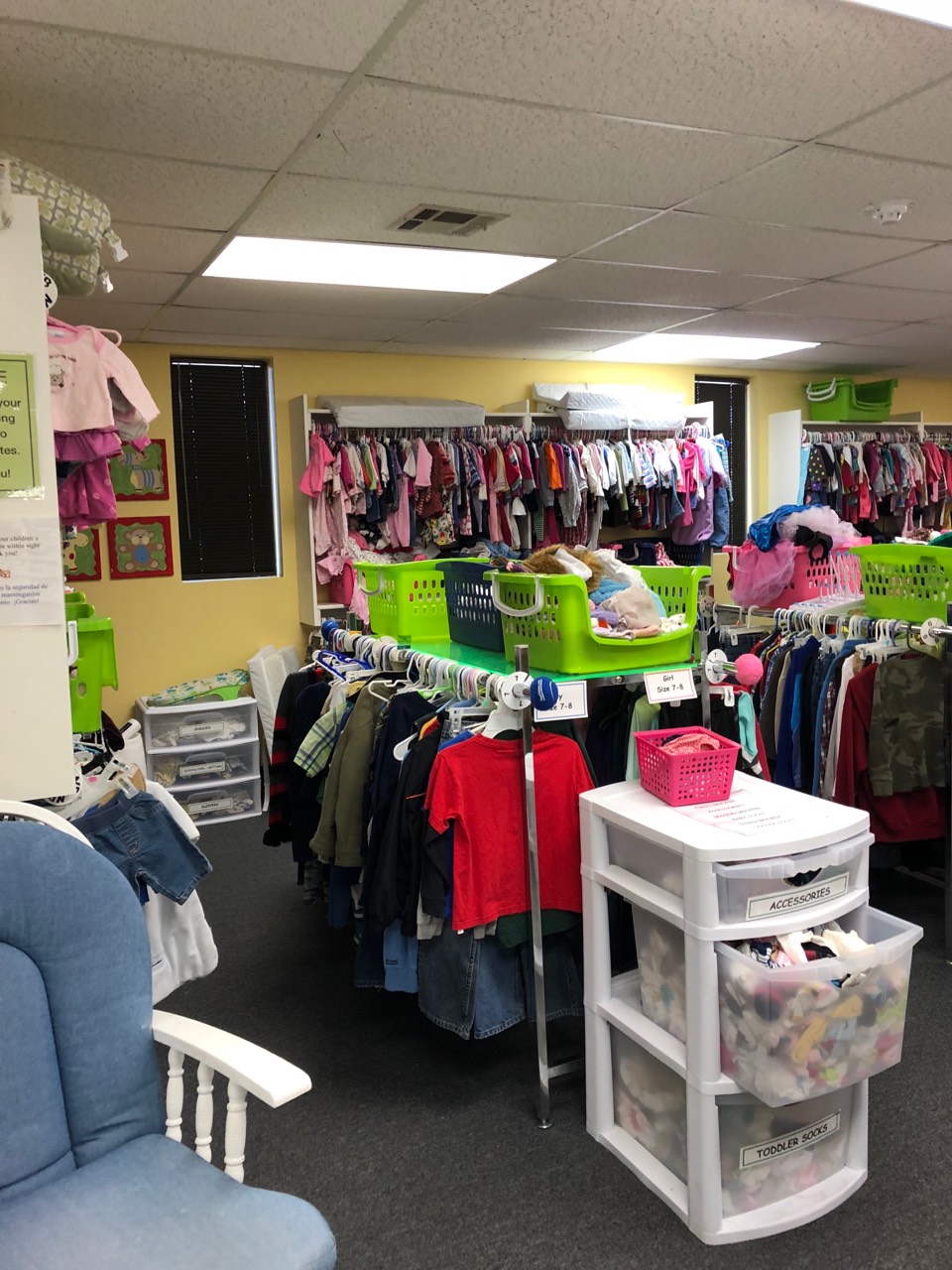
Senior residents rom The Villages at Southern Hills, collected donations for Emergency Infant Services over the holiday season. The residents chose EIS because they wanted to give back to the community and thought it was a good idea after seeing a donation box at the facility. They collected new/gently used baby/toddler items like diapers, bassinets, wipes, clothes, toys, blankets, and strollers. A few of the residents, staff with Lifetime Wellness and social worker, Caitlyn Morgan paired with the Eastside Christian Church Youth Group to collect the times. They boarded a bus to deliver the items to EIS and were personally greeted by Executive Director, Tim Gowin.
Gowin says, “Our agency is pretty much 100% grassroots Tulsa. Donations like this are what make our agency tick. It is the way we are able to serve.”
The residents were able to visit with Gowin and he says they genuinely expressed interest in EIS and its mission. “I could feel the connection with them. And you could see it on their faces. They were very proud to be able to help. They should be proud.” One Villages at Southern Hills resident said, “I didn’t realize there was such a need for the items. I love the cause and am amazed it has no state or local grants behind it.”
Gowin says last year, they served 18,800 children between the ages of 0-5 thanks to generous donations from the community. He also says the items the residents donated were processed the next day and have already been distributed.
Gowin says right now, EIS is in need of volunteers to help serve families. He also says this time of year, there is a need for winter coats for kids 0-5… specifically the middle sizes 24 months 2T and 3T. For more information visit http://www.eistulsa.org/or contact volunteer coordinator Kimberly Deardorff directly at kimberly@eistulsa.org or call 918-582-2469 for any additional information or questions.
